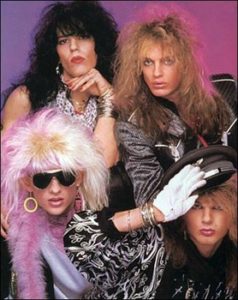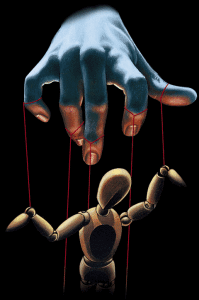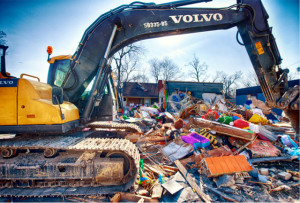Last week, I focused on the latest statistics, trends, and calamities regarding Latinos. This was an obvious topic. After all, just check out the name of this website.
But now we will continue this series by focusing on our ethnic minority brethren, African Americans. Here’s some positive news about Black Americans that you may have missed:
The wage gap between Black and White workers has shrunk over the past five years. It is “still enormous,” according to economists, but the discrepancy has undergone “a pretty meaningful reversal.”
Hey, that’s good, right? Well, I’m glad you’re happy with that little nugget of mildly upbeat news.
Because everything else kind of sucks for Black people.
I’m not just talking about systemic racism (which is, you know, a real thing). Nor am I talking about the perennially bleak stats that show how poorly Black Americans are doing. Hey, I’m not even talking about the overt racism that the Trump years provoked and that still festers over American life.
All that horrible shit is a given.
I’m talking about confirmation that “Black homeowners are having to ‘whitewash’ their homes or conceal their race to get a higher appraisal.”
I’m referring to the fact that “people of color in the US face heightened risks of harm from climate-induced disasters,” and that “Black people are 40% more likely … to live in areas with the highest projected increases in mortality rates due to changes in extreme temperatures.”
There is also the news that Black neighborhoods are increasingly becoming surveillance states (I mean, even more than the surveillance state that most of us live in). And don’t forget that the U.S. maternal mortality has “more than doubled since 1999, and most deaths were among Black women.”
Finally, as if trigger-happy cops and angry Karens aren’t enough to make Black people fear for their lives, many studies indicate that those “stand your ground” laws — which conservatives absolutely love — are linked to “rising deaths and racist violence.”
OK, this is getting pretty grim. Surely, the protests of 2020 and the societal changes that arose from that are poised to have an impact soon, right?
Well, to the surprise of pretty much no one, America’s enthusiasm to address racial injustice, while still higher than it was a couple of decades ago, has cooled recently.
For example, many diversity, equity and inclusion leaders who were “hired in waves to help companies achieve an ethnically balanced workforce after George Floyd’s murder in 2020, are being phased out, leaving experts in the field concerned that corporations’ talk of affecting change was just empty words.”
I know we’re all shocked that corporations are even capable of empty words. I mean, they just seem so sincere and concerned with our well-being otherwise.
Schools are not faring much better. We are all too aware of Florida’s efforts to ensure that racism is never discussed, but perhaps you didn’t know that nationwide, White Americans “are just as likely to favor as to oppose a ban on teaching Advanced Placement courses in African American studies in public schools.” In other words, White people are divided over whether schoolkids should even hear the words “Jim Crow.”
So it appears that we have to put our faith in technology to improve the situation. Hey, what about artificial intelligence? It’s really cool for creating images like this one:
Unfortunately, researchers believe that “AI has embedded our cultural biases and threatens to perpetuate discriminatory human behavior.”
So once again, this is all very bleak. It apparently sucks to be either Latino or Black.
But just wait, because in my next post, I will explain how being White in America isn’t so great either.
Yeah, that’s a cliffhanger.














